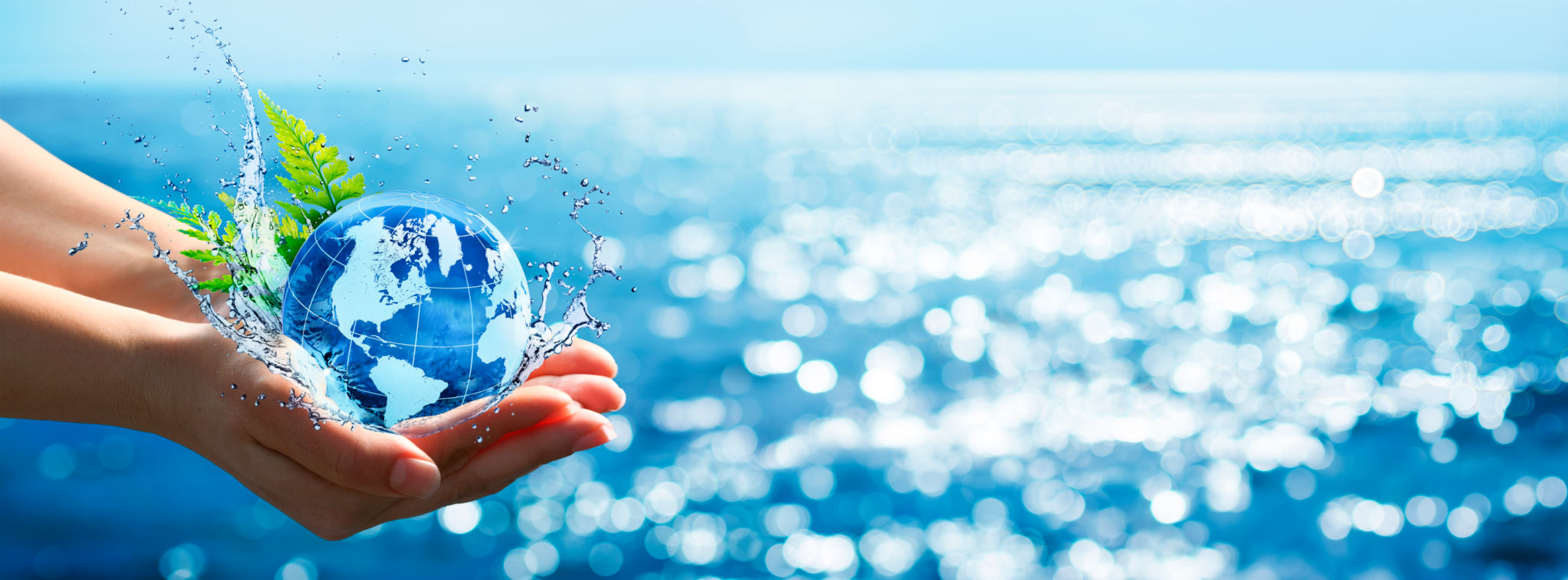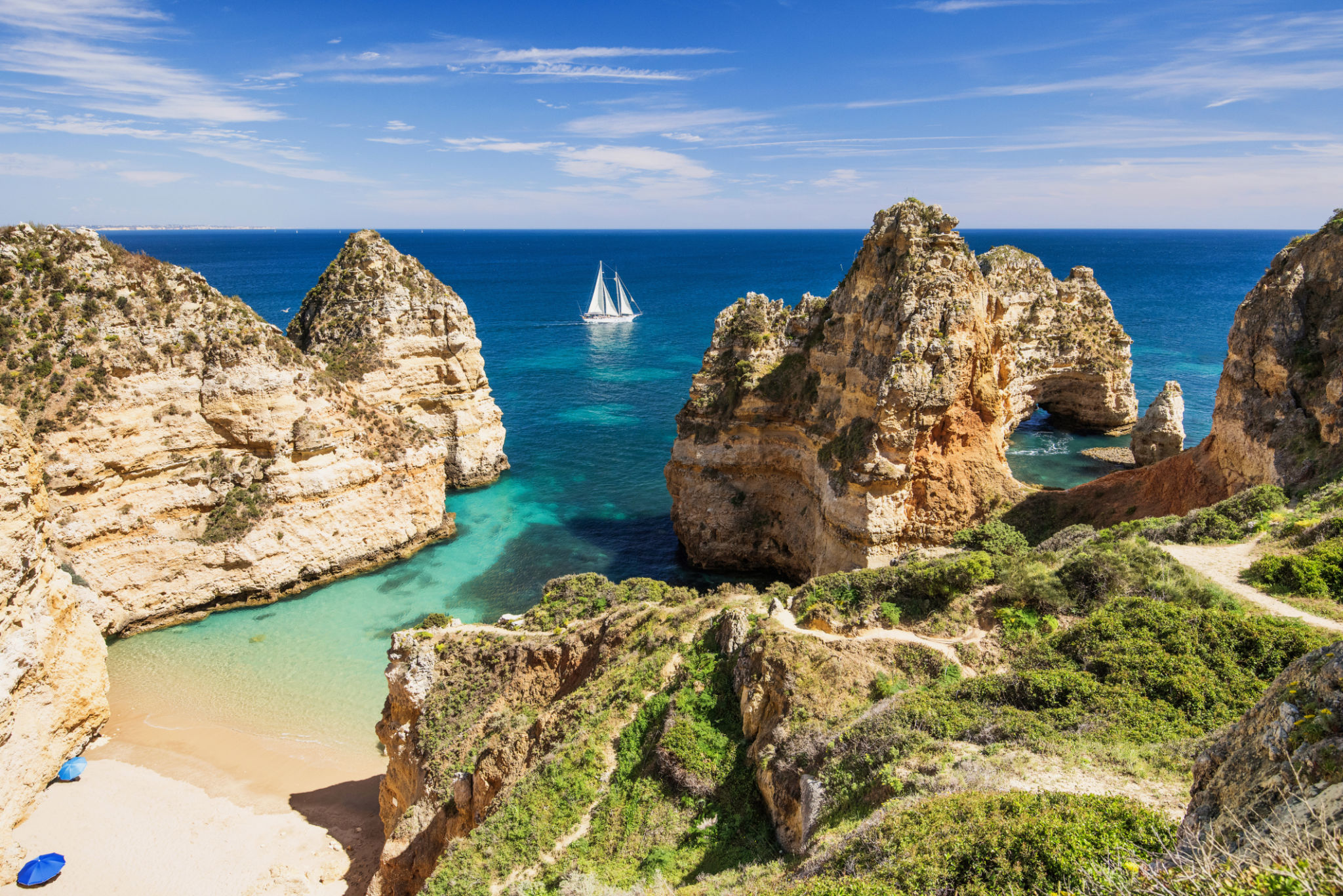Understanding Local Regulations for Nautical Activities in Portugal
Introduction to Nautical Activities in Portugal
Portugal, with its stunning coastline and favorable climate, is a paradise for nautical enthusiasts. Whether you're into sailing, fishing, or simply enjoying a leisurely boat ride, understanding the local regulations is crucial. These regulations not only ensure safety but also help preserve the rich marine environment.
Before embarking on your nautical adventure, it's essential to familiarize yourself with the rules that govern these activities. This guide will provide an overview of what you need to know to navigate Portugal's waters legally and responsibly.

Licensing Requirements for Boating
One of the first steps for anyone interested in boating in Portugal is to obtain the necessary licenses. The type of license required depends on the size and type of vessel you intend to operate. For motorboats and sailboats, a Skipper's License is mandatory. This license ensures that operators have the skills and knowledge to handle their vessels safely.
For those interested in recreational boating, a Recreational Craft Operator's License is needed for boats over five meters in length or with an engine above 15 horsepower. It's important to note that these licenses are recognized throughout the European Union, making it easier for EU residents to enjoy nautical activities in Portugal.
Environmental Considerations
Portugal places a strong emphasis on preserving its marine environment. As such, there are specific regulations aimed at minimizing the impact of nautical activities on marine life and ecosystems. Anchoring is restricted in certain areas to protect coral reefs and seagrass beds.
Additionally, waste disposal regulations are strictly enforced. Boaters are required to dispose of waste at designated facilities onshore rather than at sea. This helps maintain the pristine condition of Portugal's waters and shores.

Fishing Regulations
Fishing is a popular activity along Portugal's coast, but it's essential to adhere to specific regulations designed to conserve fish populations. A fishing license is required for both recreational and commercial fishing. These licenses can be obtained from local maritime offices or online.
There are also restrictions on the types of gear that can be used and the species that can be caught. These measures ensure sustainable fishing practices and help protect Portugal's rich biodiversity.
Sailing and Chartering Rules
Sailing enthusiasts visiting Portugal will find a vibrant community and numerous opportunities to explore its waters. However, if you plan to charter a yacht, it's important to understand the specific chartering regulations. Most charter companies require proof of competency, such as a sailing certificate or equivalent experience.
Furthermore, international visitors should be aware that their certifications might need to be validated by Portuguese authorities, depending on the charter company's policies. This ensures that all operators have the necessary skills for safe navigation.

Safety Regulations and Equipment
Safety is paramount when engaging in nautical activities. Portuguese regulations mandate that vessels carry specific safety equipment, including life jackets, fire extinguishers, and first aid kits. Regular inspections ensure compliance with these safety standards.
Moreover, it's advisable to familiarize yourself with local maritime signals and communication protocols. In case of emergencies, understanding these signals can make all the difference in ensuring a swift response from rescue services.
Conclusion: Enjoying Portugal's Waters Responsibly
Navigating the waters of Portugal can be a rewarding experience filled with stunning views and rich marine life. By understanding and adhering to local regulations, you can ensure that your nautical activities are both enjoyable and responsible.
Whether you're a seasoned sailor or a novice boater, respecting these guidelines helps preserve Portugal's natural beauty for future generations. So, set sail on your adventure with confidence and respect for the environment.
